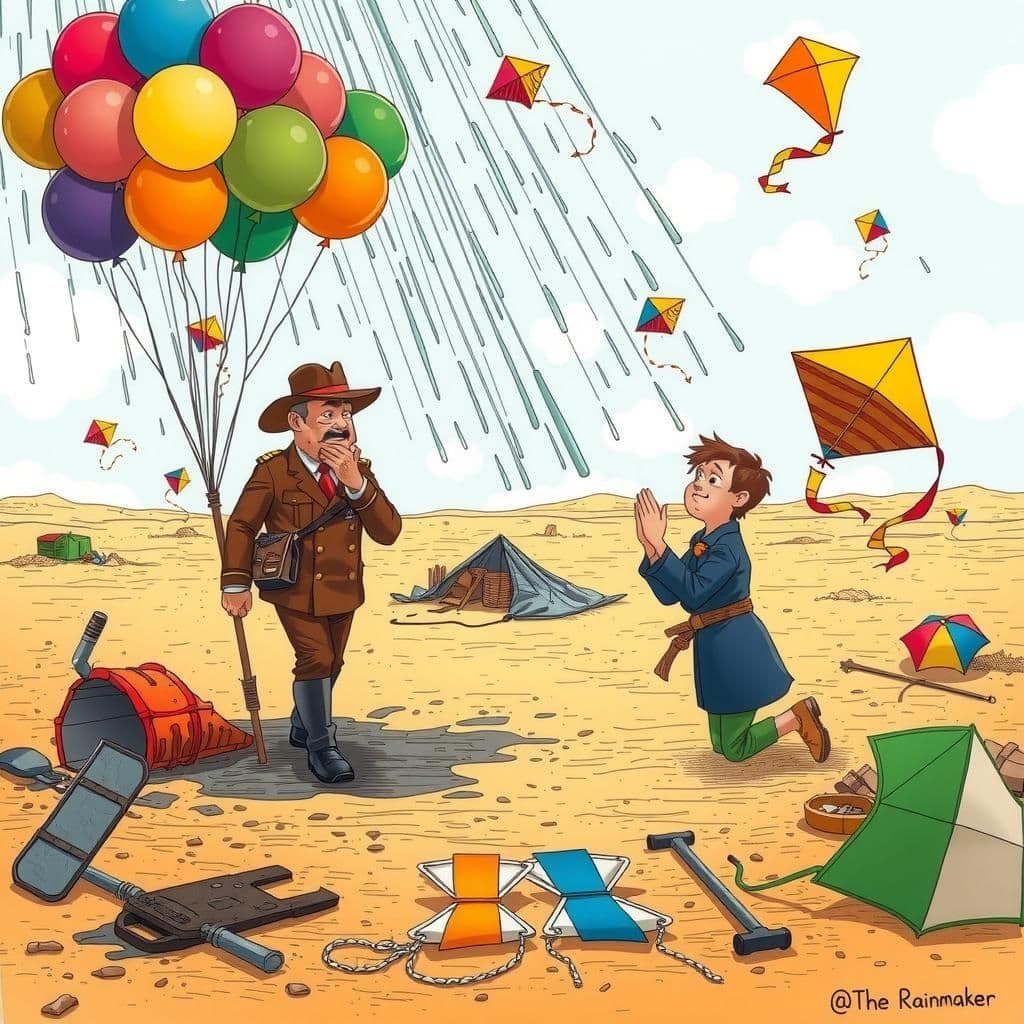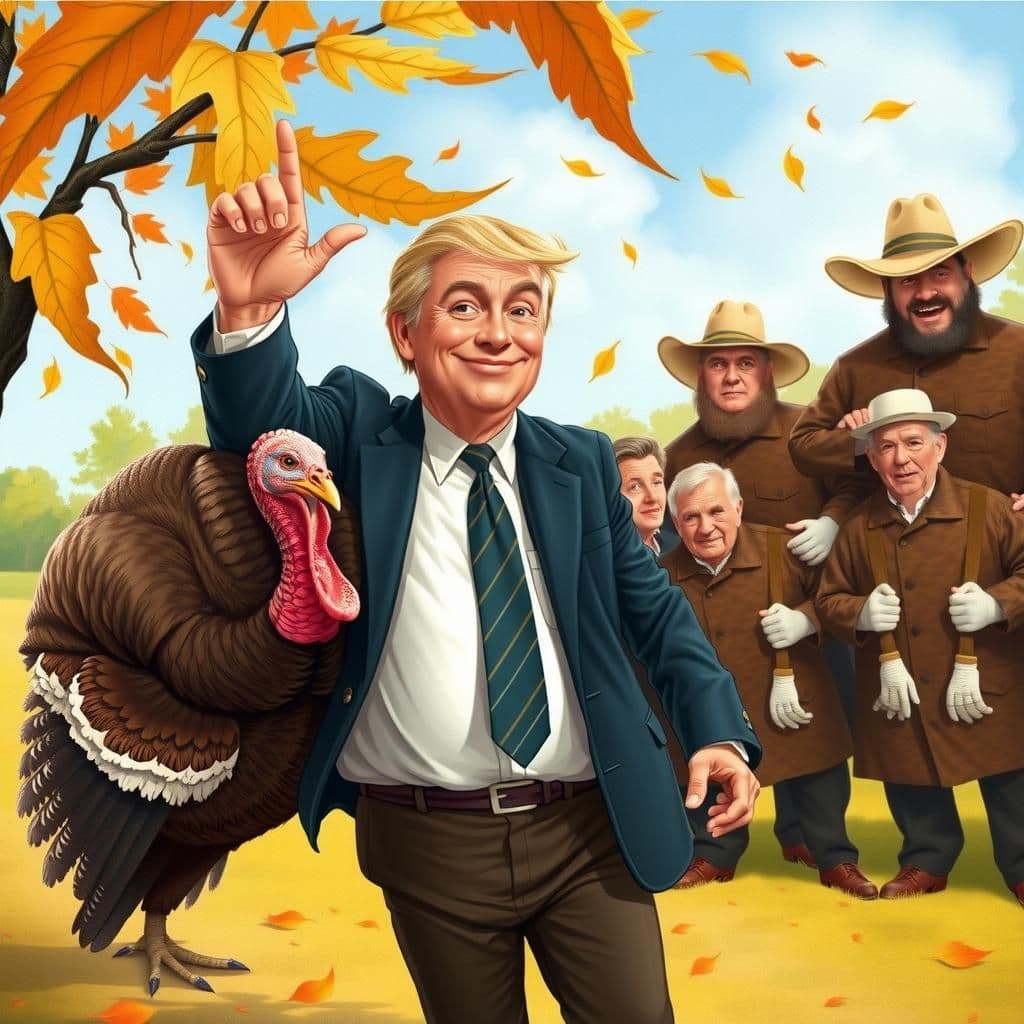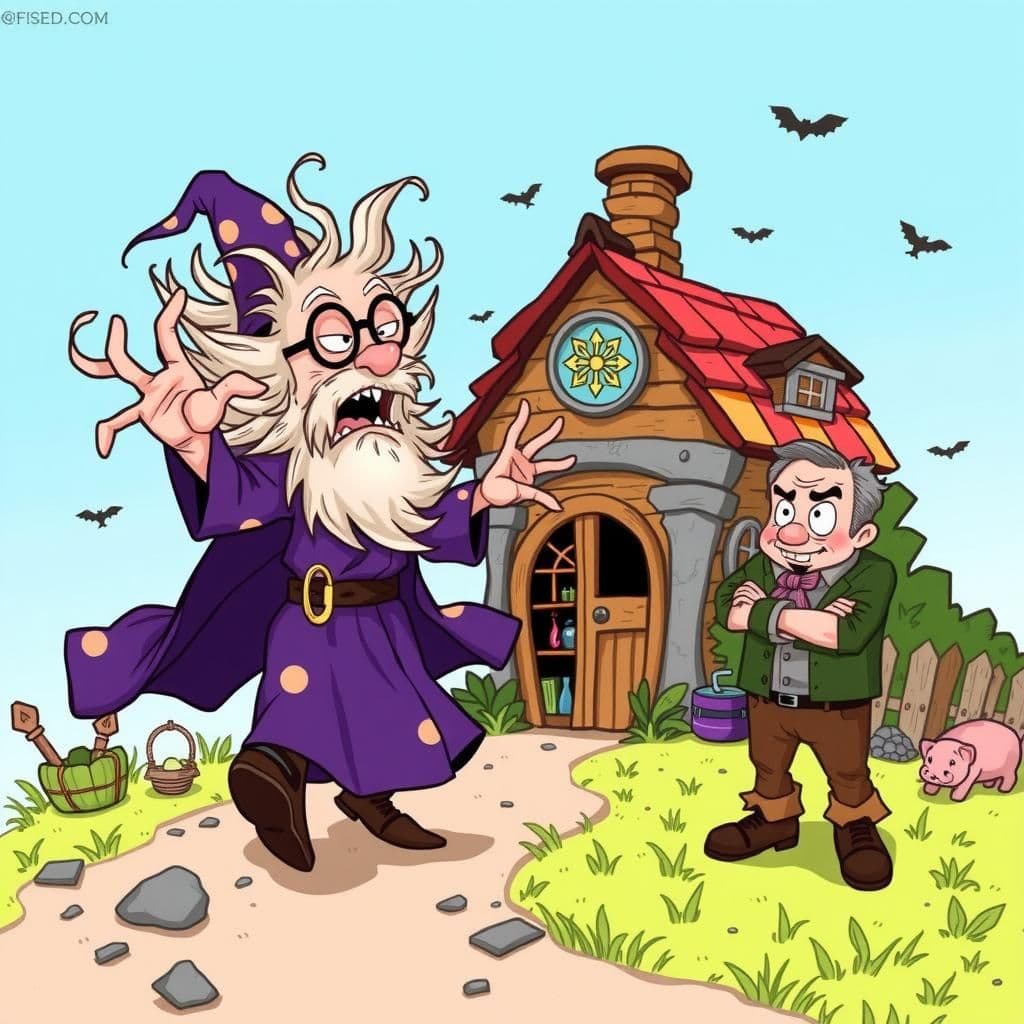The Rainmaker

Story Summary
In "The Rainmaker," a Government Officer embarks on an elaborate mission to induce rain in a decade-long drought using balloons, kites, and explosives, ultimately leading to his downfall. The only survivor, Ezekiel Thrifft, a mule-driver who is revealed to be a minister working for the equipment supplier, humorously claims his prayers brought the rain, highlighting the absurdity of the situation. This short moral tale contrasts the seriousness of the rain-seeking endeavor with the unexpected truth, serving as a fable that reminds us of the often overlooked roles played in grand narratives.
Click to reveal the moral of the story
The story illustrates that true humility and belief can yield unexpected blessings, even in seemingly absurd circumstances.
Historical Context
This story, reflective of American humor and satire from the late 19th to early 20th century, echoes themes found in the works of Mark Twain and Ambrose Bierce, where absurdity and irony expose the folly of human endeavors in nature. The tale critiques the hubris of technological advances and government initiatives, reminiscent of the broader cultural context of the Gilded Age, when industrial progress often clashed with the natural world, leading to unexpected and humorous consequences. Additionally, the inclusion of religious elements juxtaposed with commercial enterprise underscores the tension between faith and capitalism prevalent in that era.
Our Editors Opinion
This story illustrates the irony of human effort versus divine intervention, reminding us that sometimes our best-laid plans can be overshadowed by unexpected outcomes or forces beyond our control. In modern life, a real-life scenario might involve a community investing heavily in advanced irrigation technology to combat drought, only to find that an unexpected weather pattern brings heavy rains that both alleviates the drought and disrupts their efforts, underscoring the belief that sometimes blessings come in unpredictable forms.
You May Also Like

The Seeker and the Sought
In "The Seeker and the Sought," a clever politician uses bait to catch a turkey for dinner, humorously claiming that the bird sought him instead. This fable highlights his manipulative tactics and serves as a meaningful story with moral implications, showcasing the irony in his presentation while embodying the essence of popular moral stories.

Wasted Sweets
In this thought-provoking tale, a candidate canvassing his district kisses a baby in a carriage, believing the moment to be heartwarming. However, he is confronted with the irony that the baby belongs to an orphan asylum, and the nurse caring for it is an inmate of an institution for the illiterate, deaf, and dumb. This story serves as a reminder of the deeper moral lessons often found in well-known moral stories, encouraging personal growth through storytelling with morals.

The Prophet
In "The Prophet," a wizard known for telling fortunes faces a moment of irony when he learns his house is being robbed, despite his ability to foresee the futures of others. As he rushes to save his belongings, a mocking neighbor questions why he couldn't predict his own misfortune, highlighting a powerful lesson about the limitations of foresight. This simple short story with moral serves as a reminder of the importance of personal awareness and growth, making it one of the best moral stories for students.
Other names for this story
Desert Downpour, The Mule Driver's Miracle, Blessing of the Skies, Kites and Clouds, Explosions of Hope, Rainfall Revelation, The Prayer of Rain, Balloons and Blessings
Did You Know?
This story humorously critiques the intersection of human ambition and nature, illustrating how a grand scientific endeavor led by government authority ultimately relies on the unexpected faith of a humble individual, highlighting the irony of expertise versus simple belief in a greater power.
Subscribe to Daily Stories
Get a new moral story in your inbox every day.